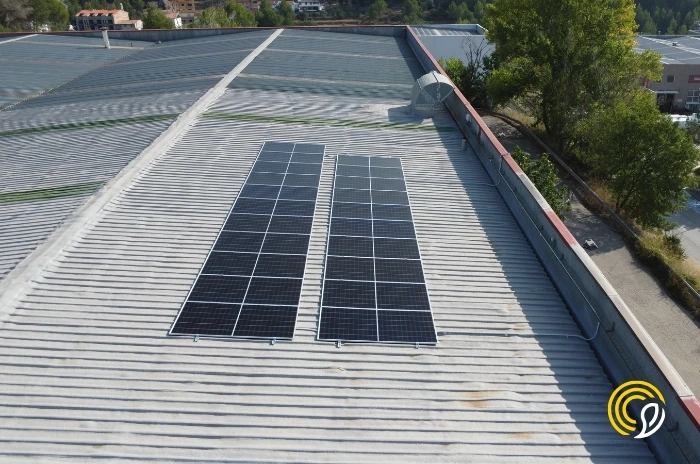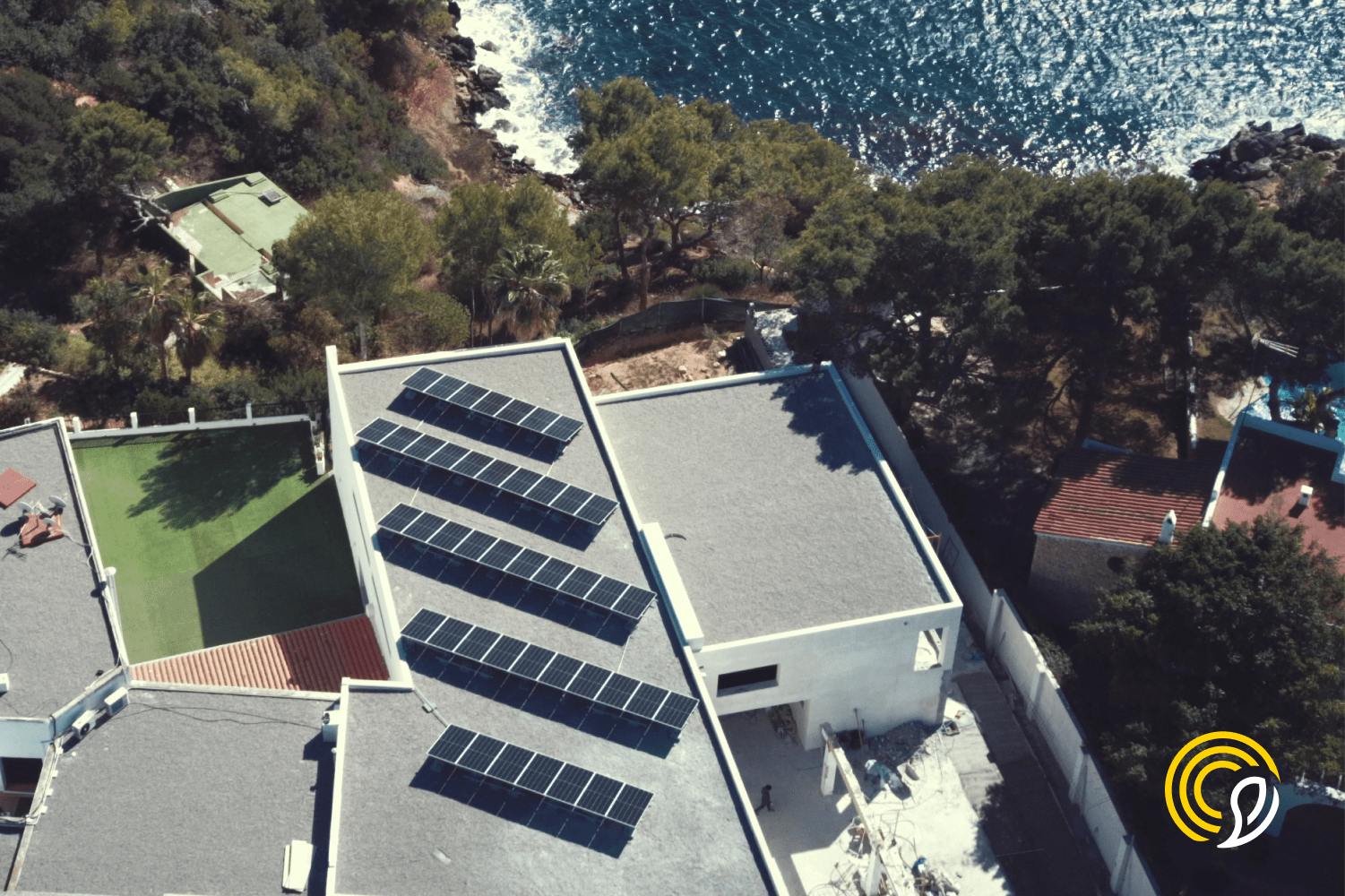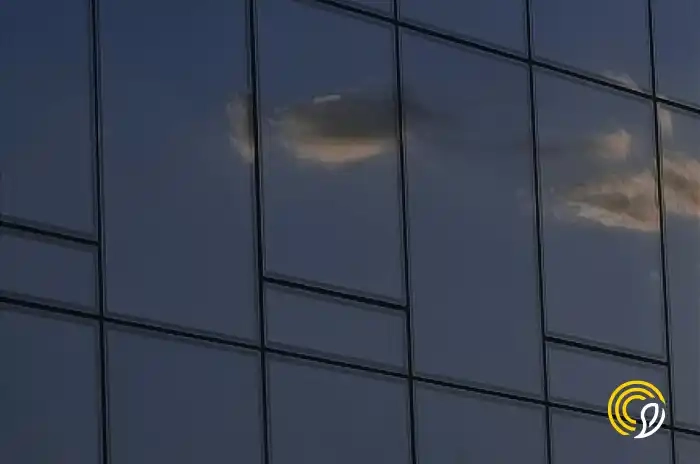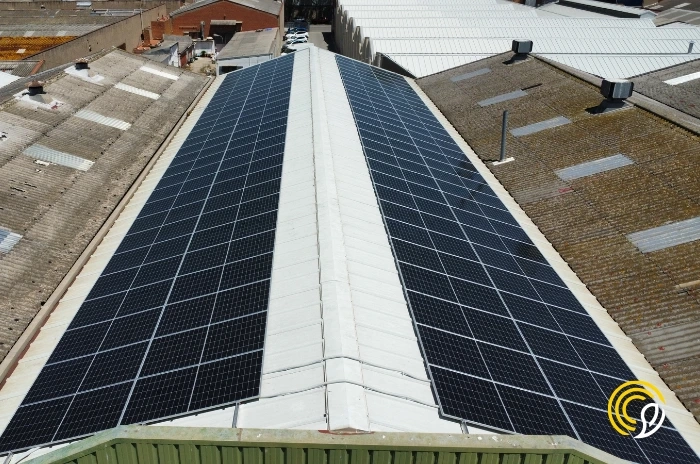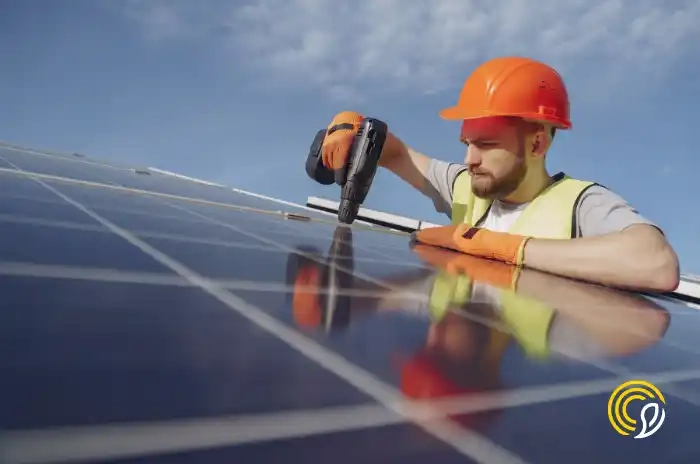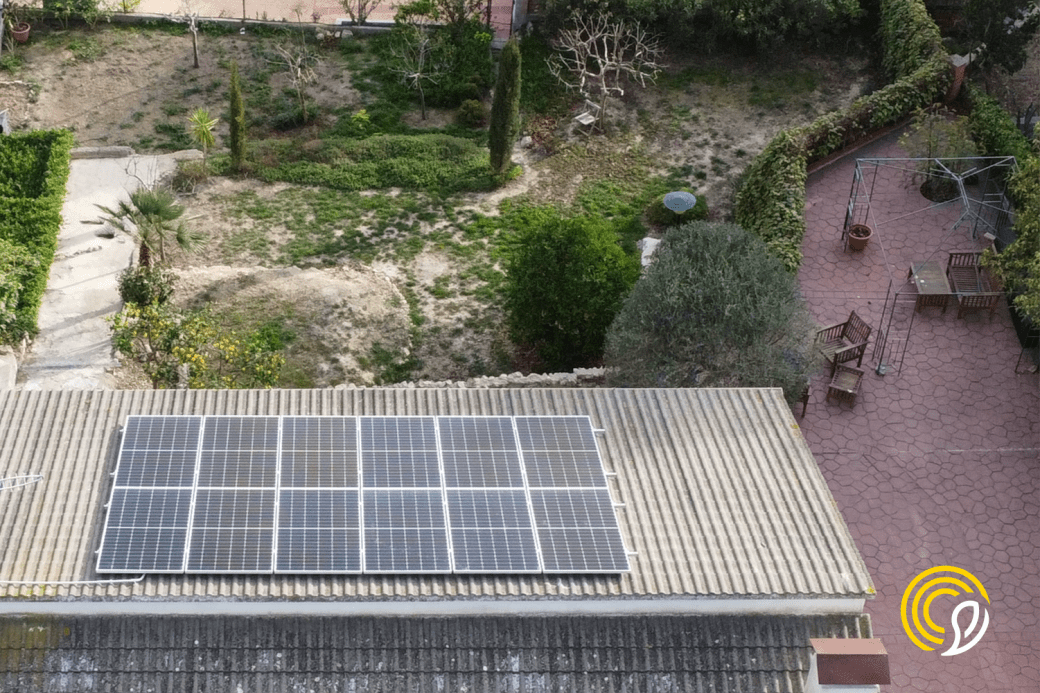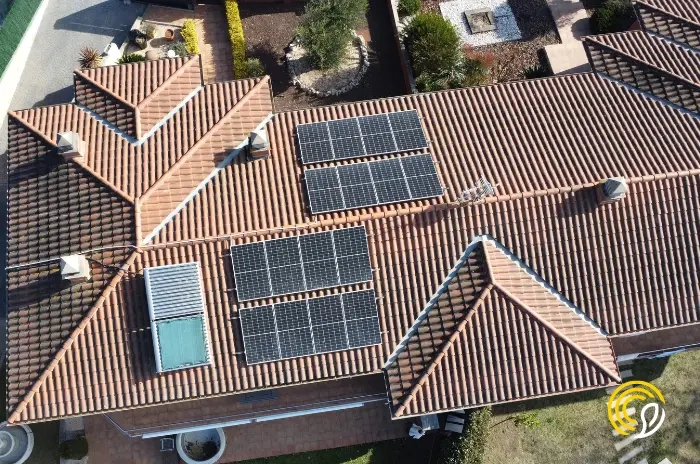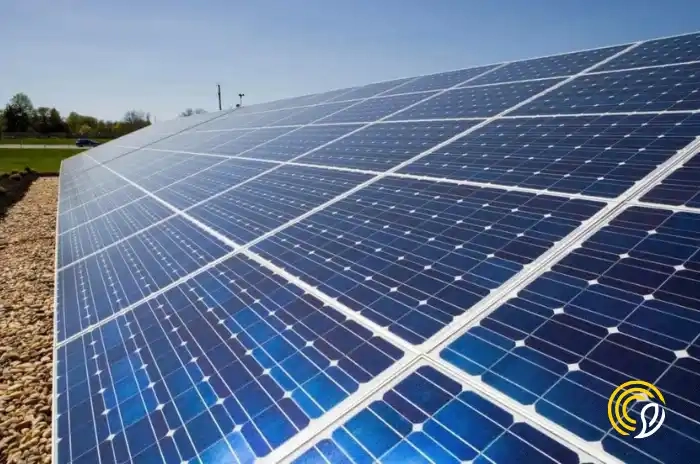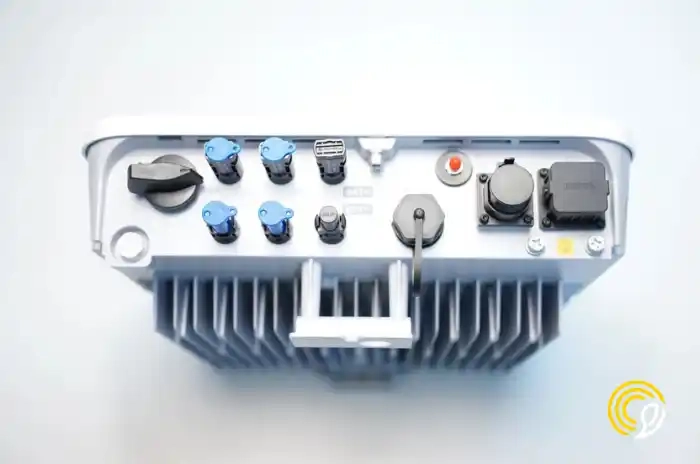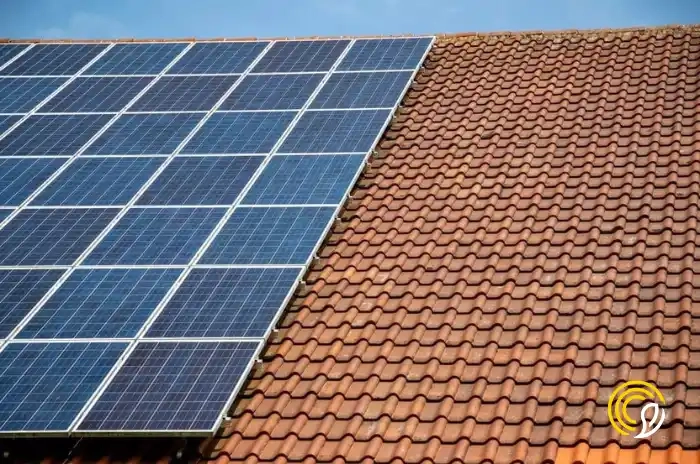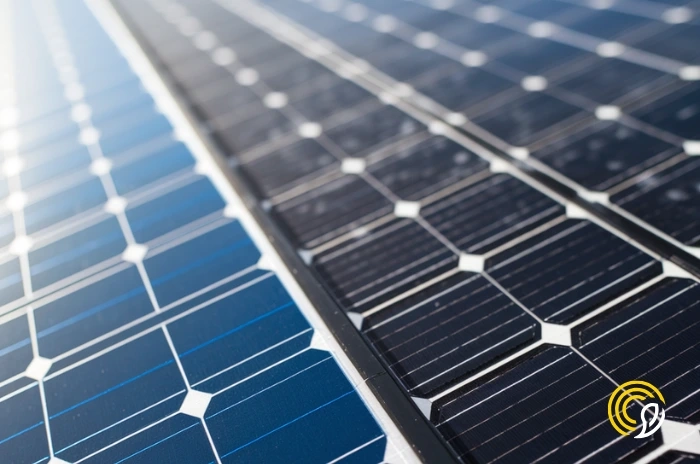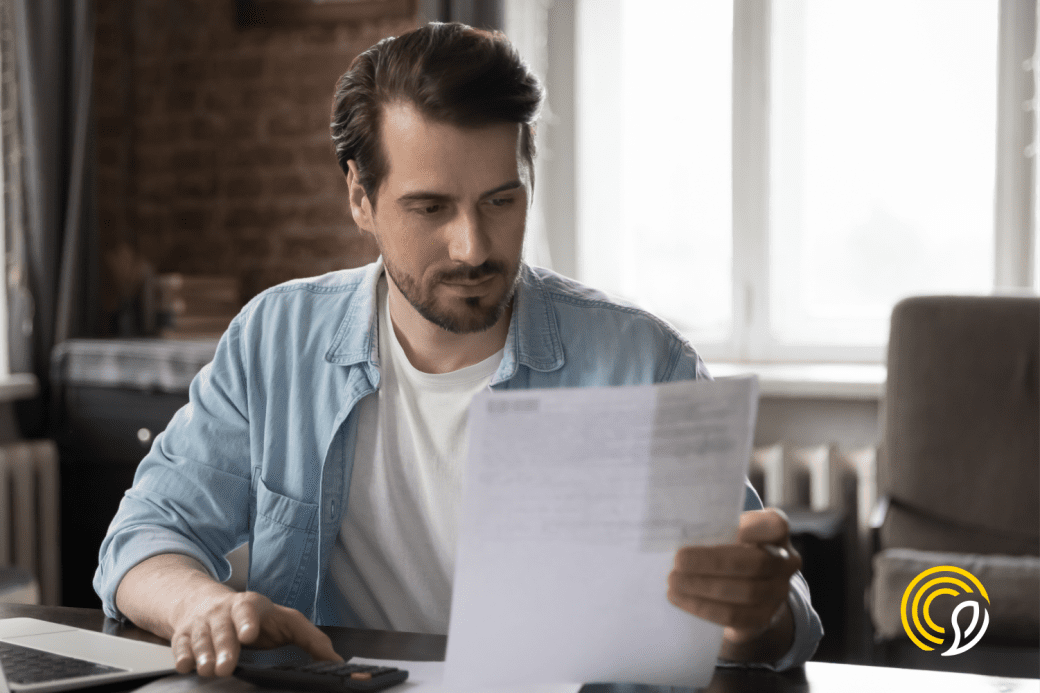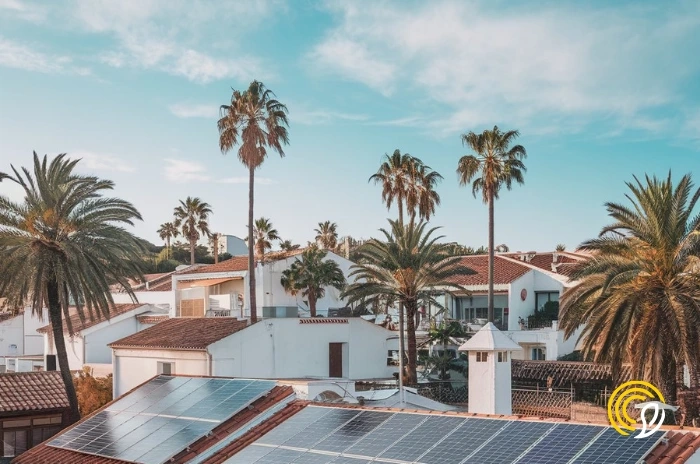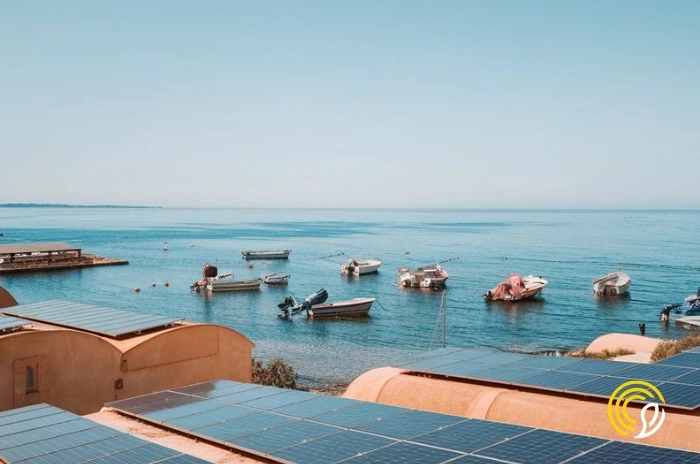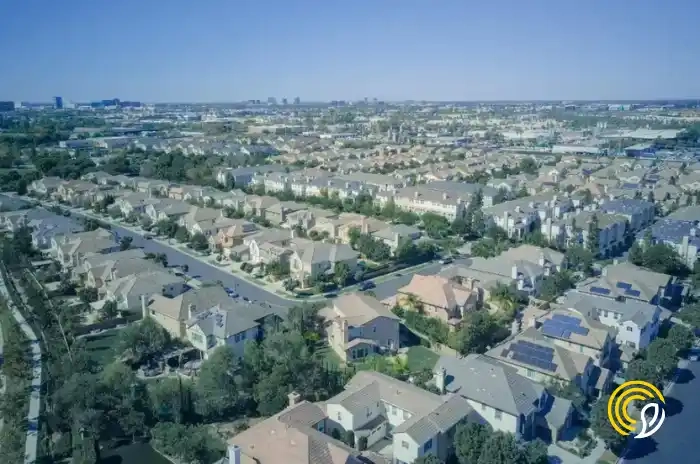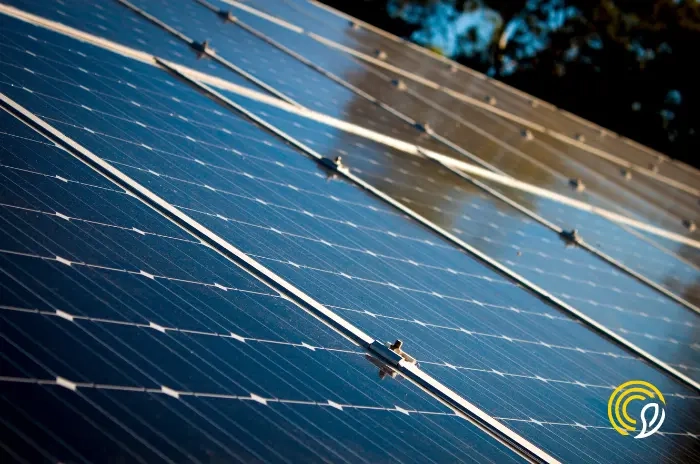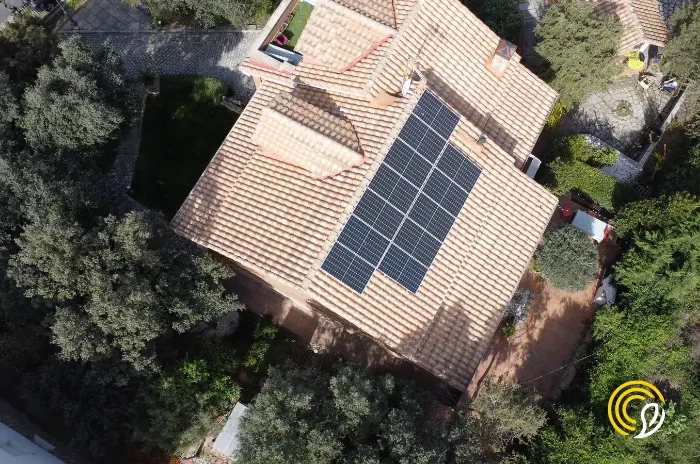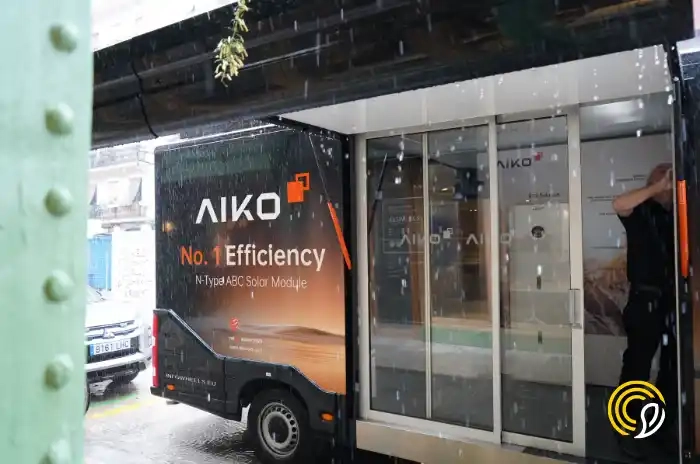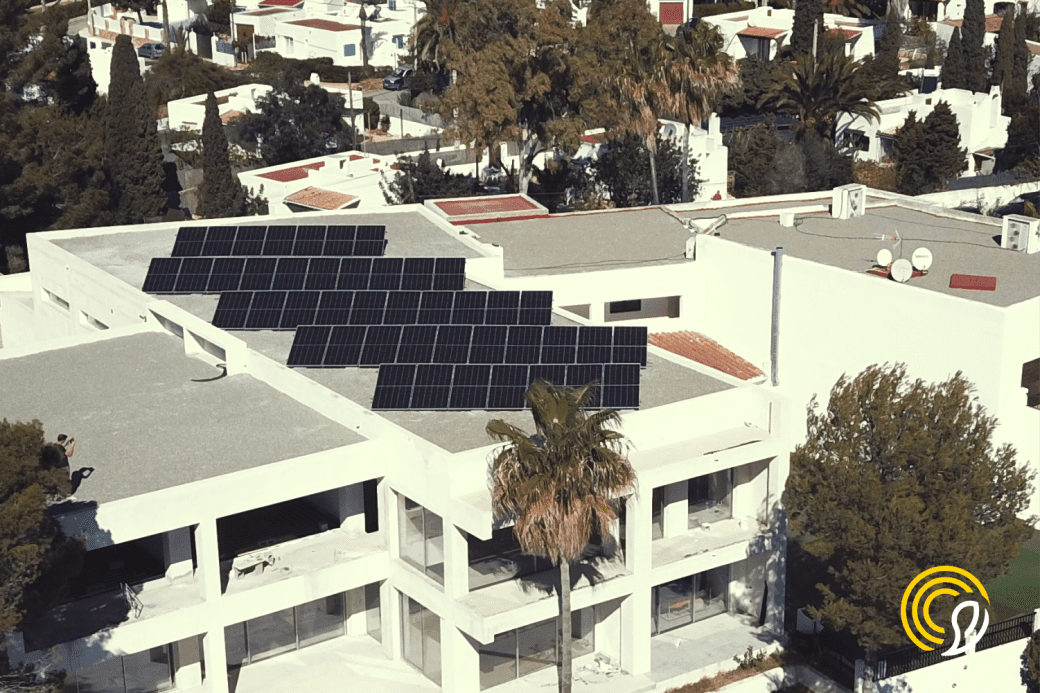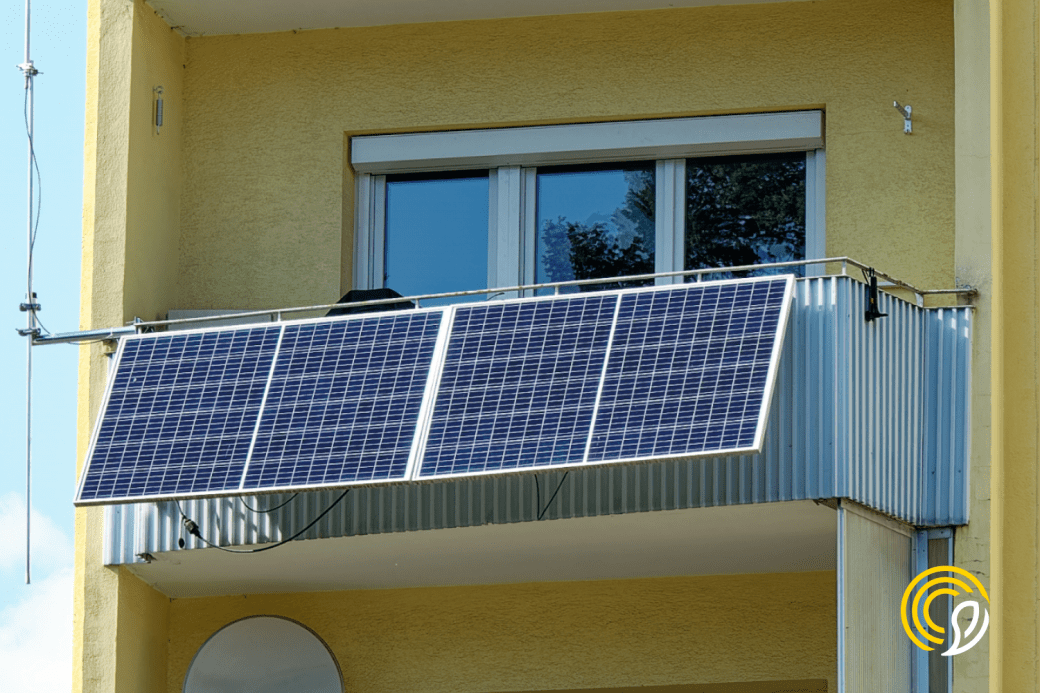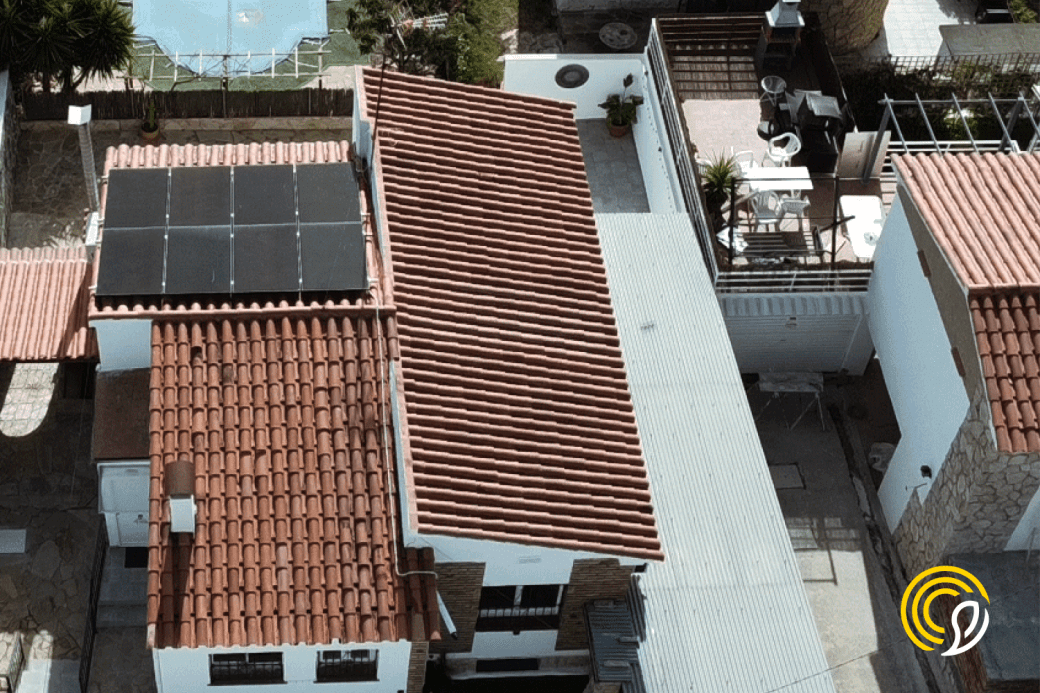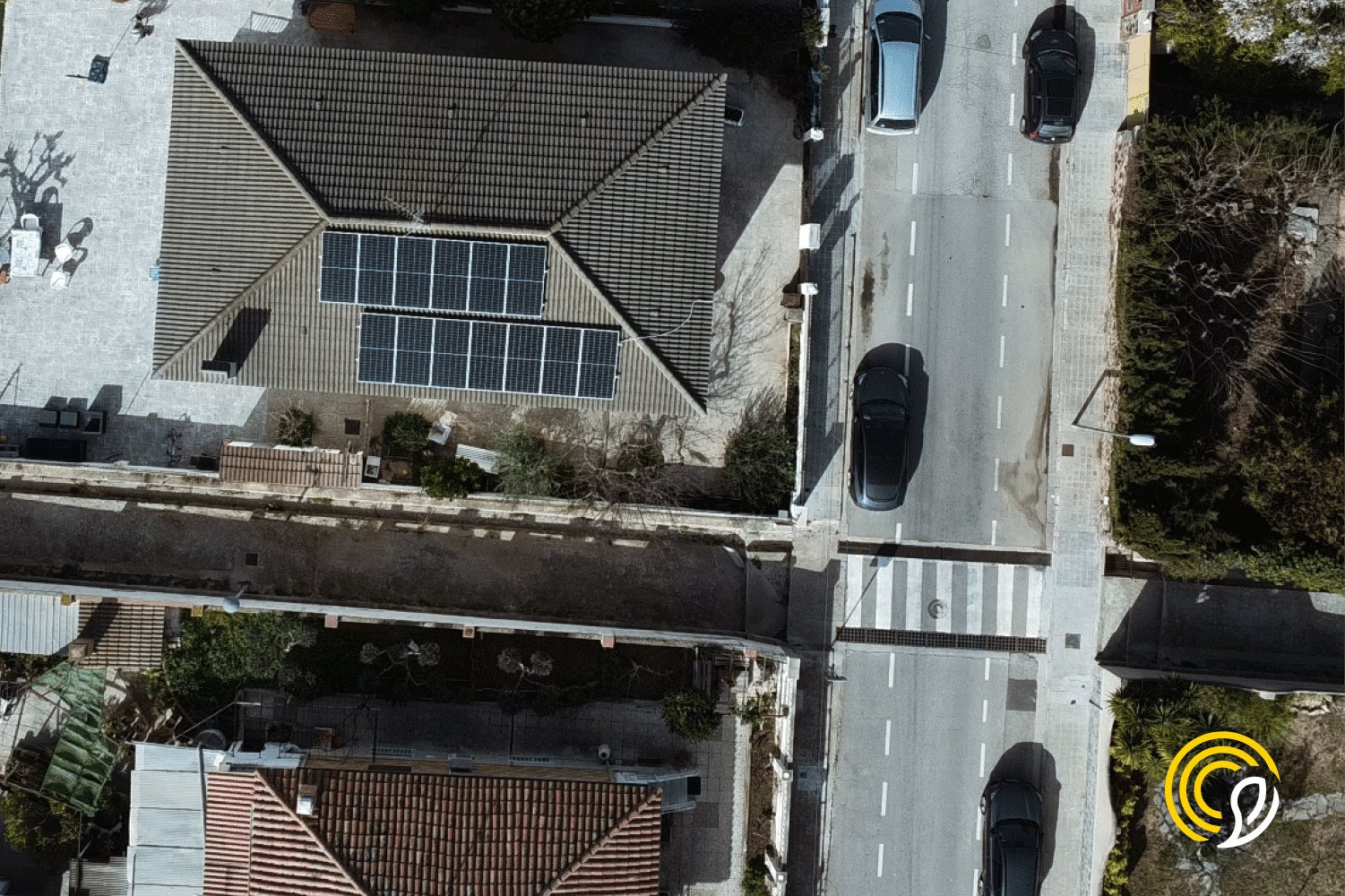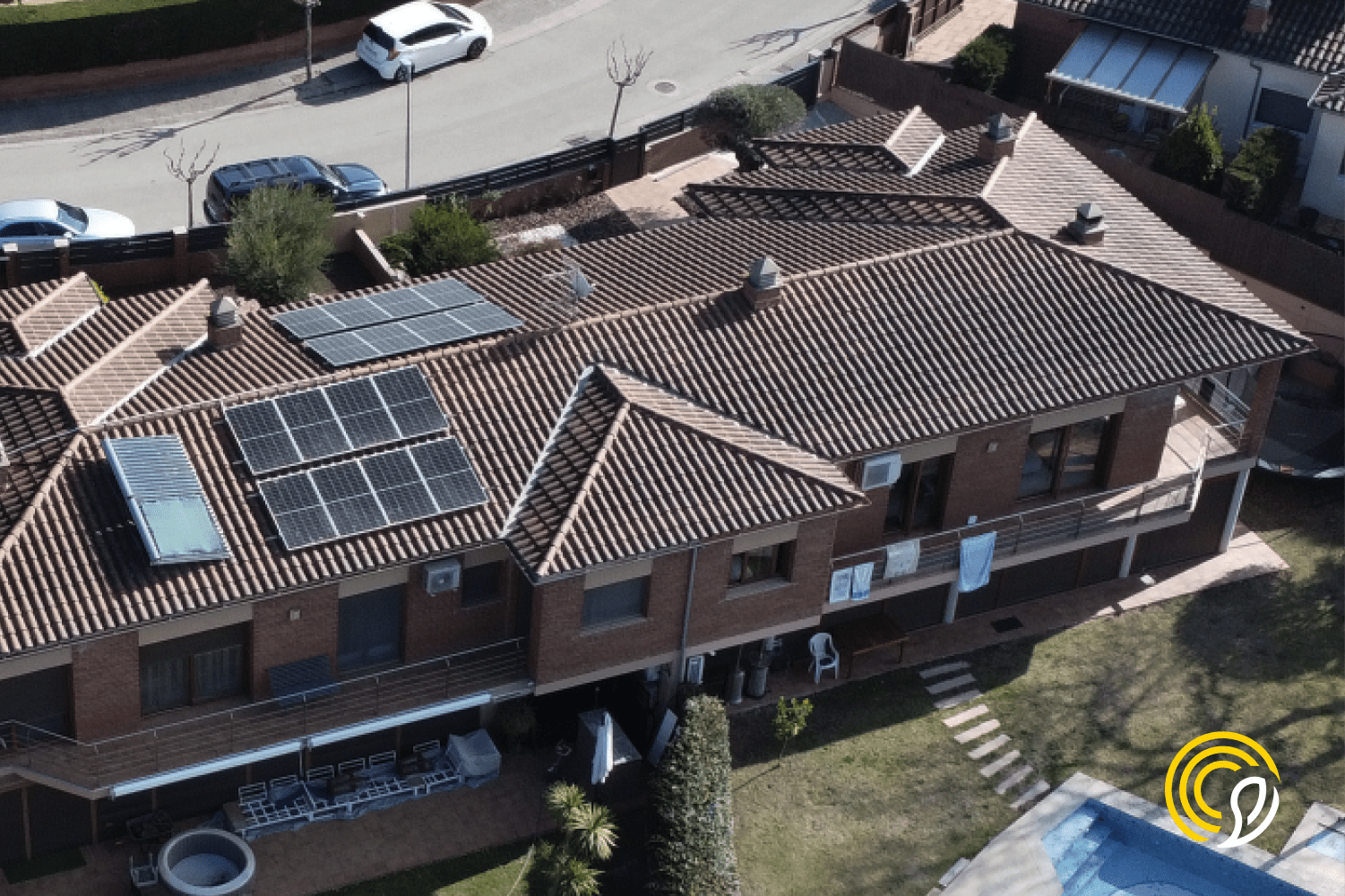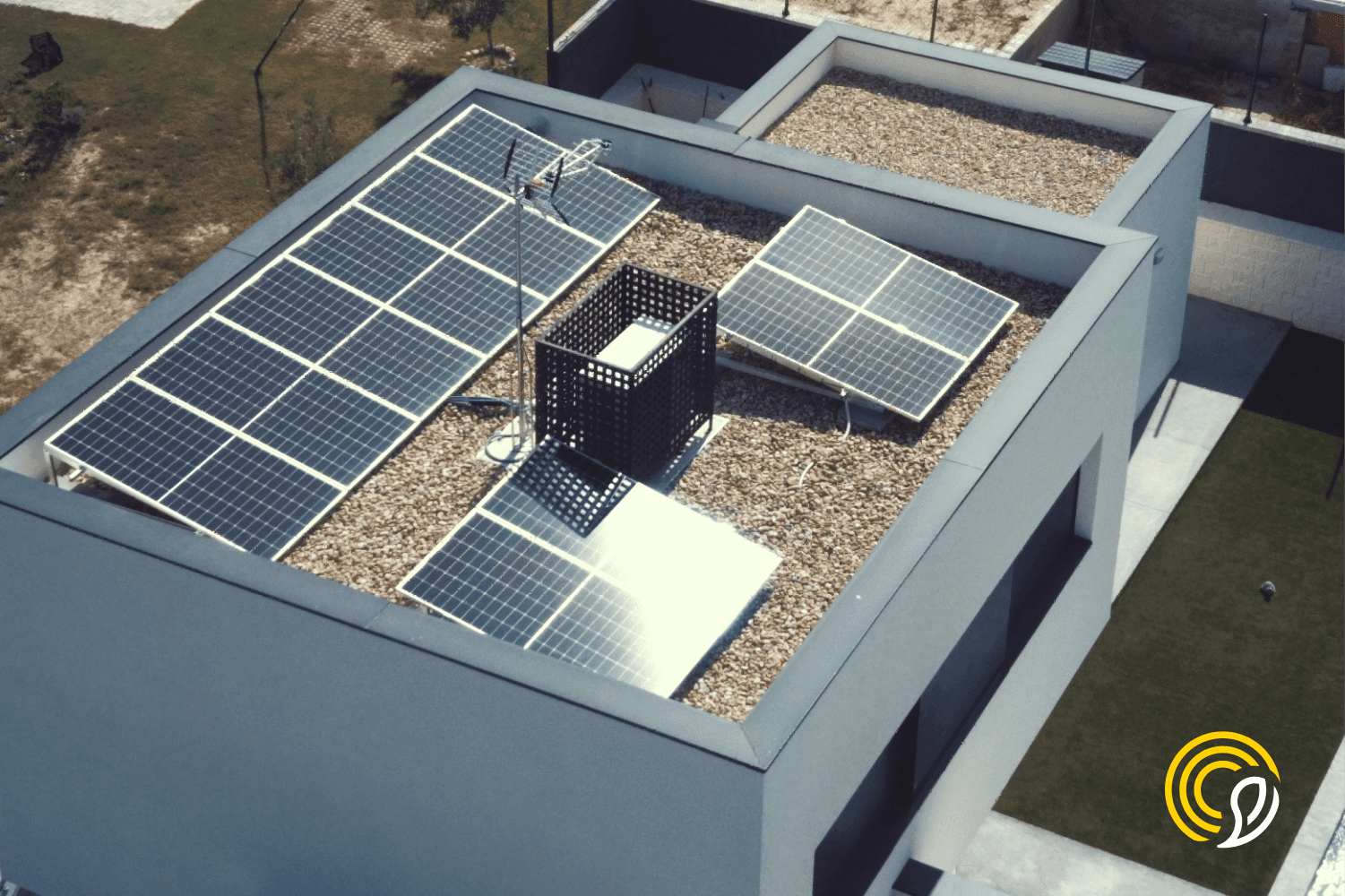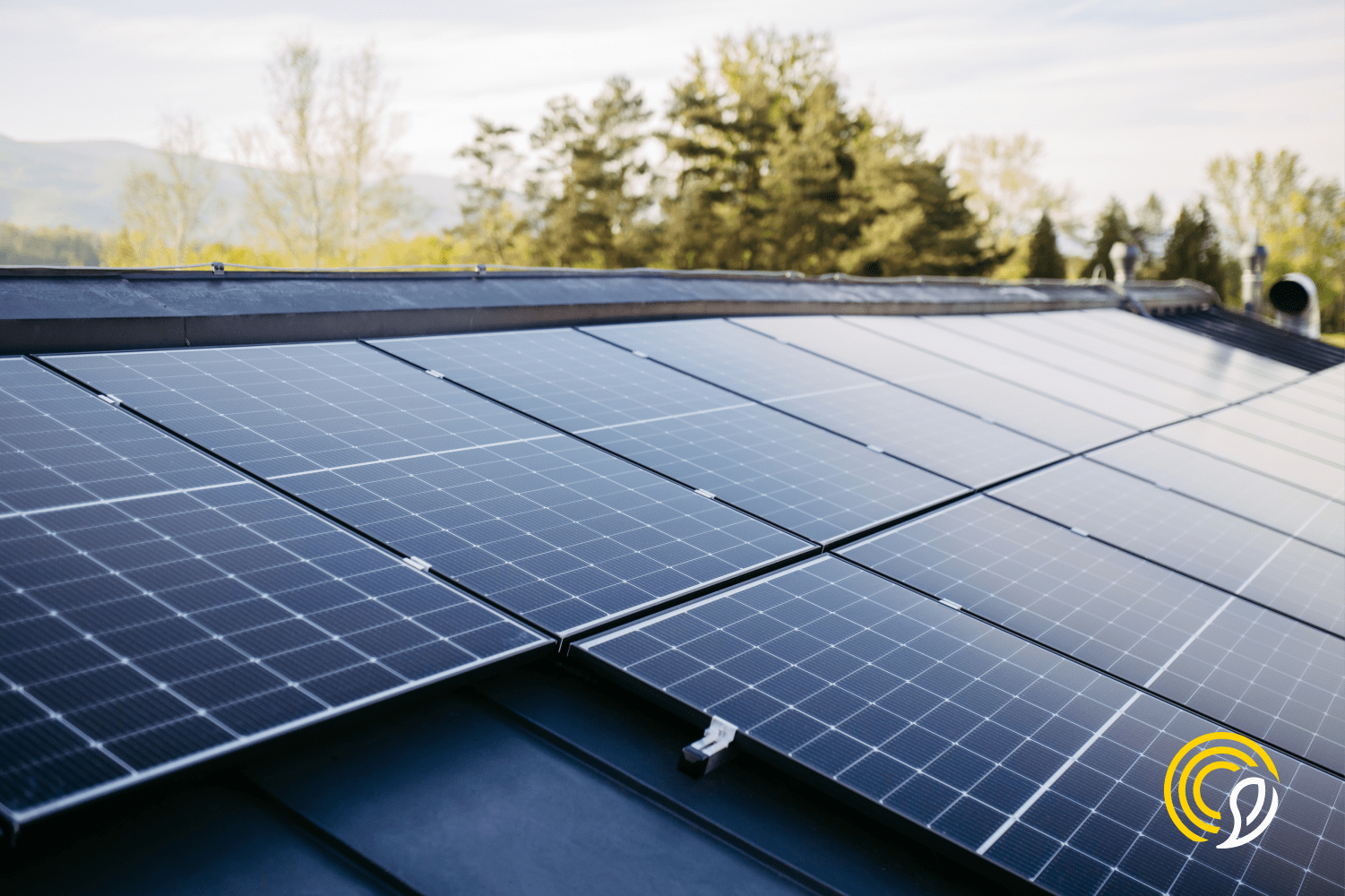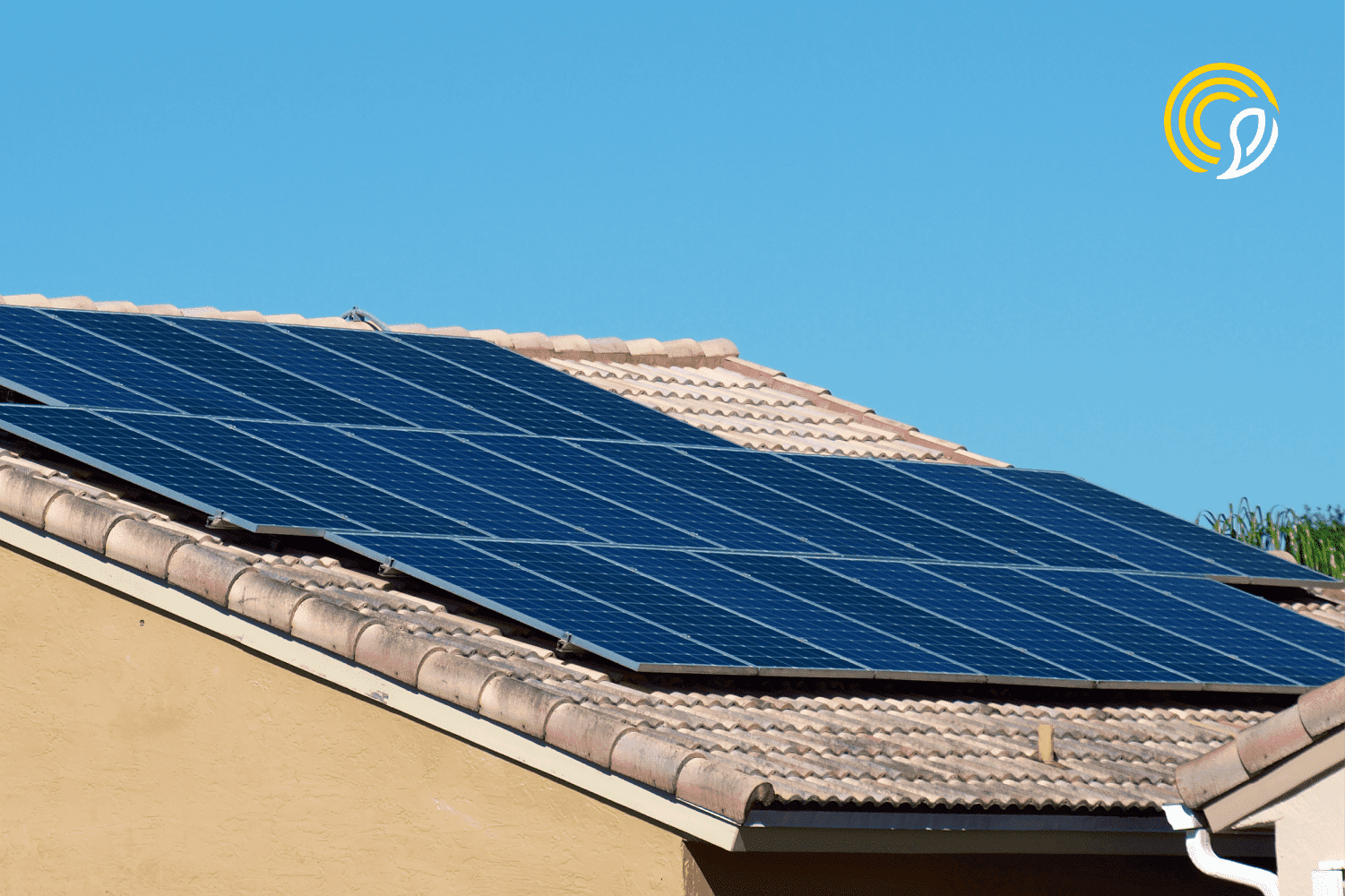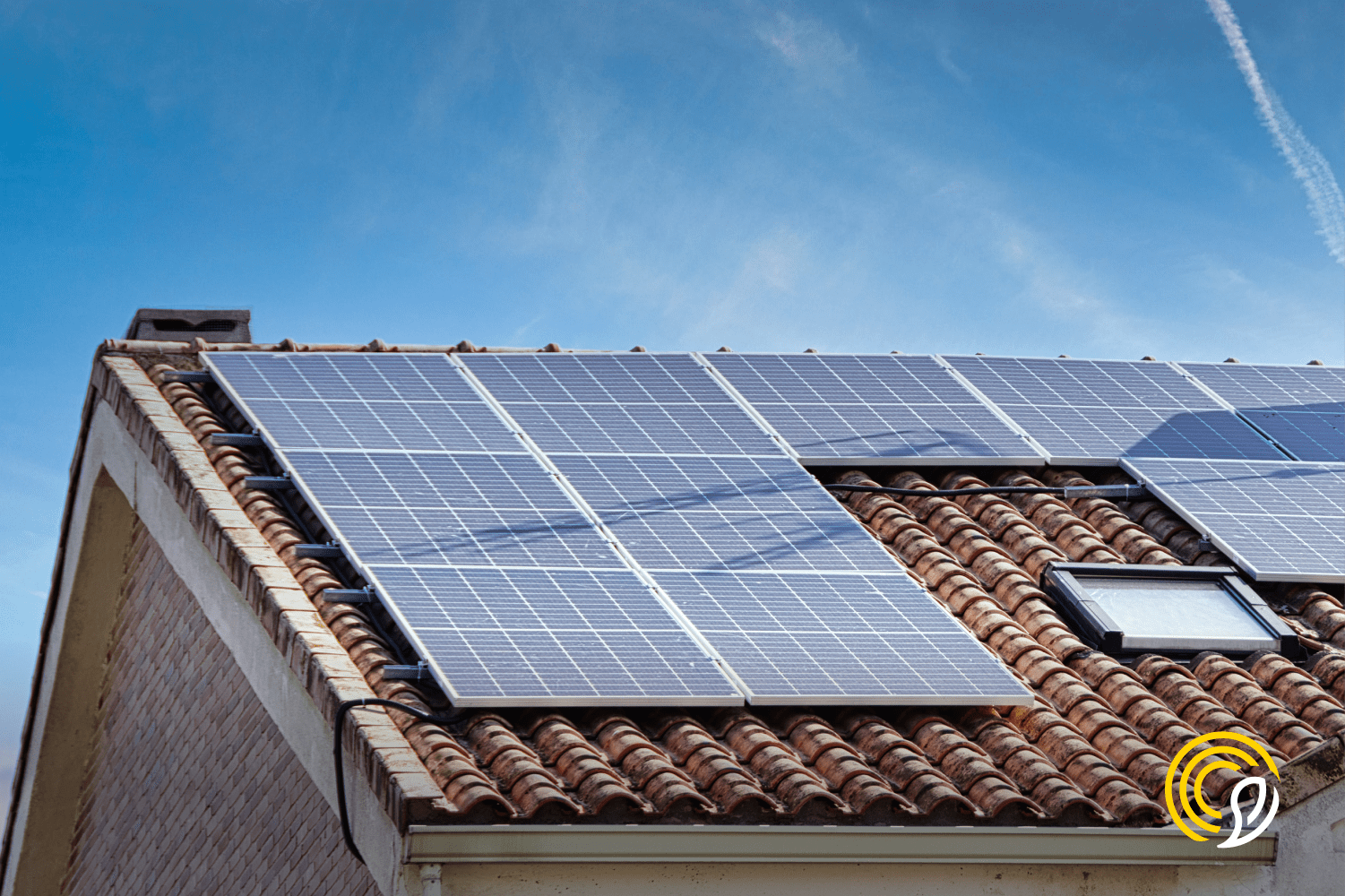
What is the lifetime of solar panels?

Claudia Pardo, Content Specialist at Sunhero and a firm believer that solar energy can transform the world.
09/04/2024
3 min read
Table of Contents
Photovoltaic energy, although it may represent a significant investment at the time of installation, offers a number of long-term benefits that make it a very cost-effective alternative. One of the main advantages is the long lifetime of the solar panels.
Lifetime of solar panels
The lifetime of solar panels is a crucial factor to consider when assessing the profitability and viability of your solar investment. You have probably heard that solar panels generally have a productive lifetime of between 25 and 30 years, which is usually in line with the manufacturer’s warranty.
It is important to note that the fact that the performance of a solar panel decreases after a certain period of time does not mean that it will stop working. Rather, it indicates that it will experience a greater loss of efficiency compared to the first few years. However, even after this period, panels continue to generate up to approximately 70% of their original capacity.
Factors influencing the lifetime of a solar panel
When considering a PV installation, it is important to consider a number of factors and conduct detailed research on the components, as well as analyse the location of the panels. In addition, working with expert installers and following the manufacturer’s recommendations can help maximise the life and performance of your PV system.
These are some of the variables that can determine the lifetime of your solar panels:
Quality of the material
The quality of the materials used in the manufacture of solar panels is critical to the efficiency and durability of the solar system. Higher quality panels tend to last longer and degrade at a lower rate over time.
Degradation rate
When we talk about the degradation rate of solar panels, we refer to the rate at which the efficiency of a solar panel decreases over time. Modern solar panels have a relatively low degradation rate, typically around 0.5% per year.
Environmental conditions
Temperature extremes, solar exposure and adverse weather conditions are factors that can directly affect the lifetime of solar panels. Panel materials are designed to withstand normal weather conditions, but prolonged extreme exposures can compromise the life of the panels.
Manufacturer’s warranty
The warranty offered by the solar panel manufacturer is an important indicator of the quality of the panel, as it can provide valuable information about the life expectancy of the panel. Standard warranties typically range from 12 to 25 years.
Maintenance
Proper maintenance of the solar system is essential to prolong its life and improve the performance of the solar panels. In addition to regular cleaning of the panels, it is advisable to check the electrical connections, wiring and support structures. In this way, we ensure greater performance and durability of our photovoltaic system.
Practical tips for extending the life of your solar panels
As we have already mentioned, the useful life of the panels is generally between 25 and 30 years approximately, depending on several factors such as those mentioned above. Even so, it is possible to extend the useful life of solar panels if we maintain them properly and follow certain recommended practices.
Here are some tips for extending the life of solar panels:
Regular cleaning of the panels:
One of the main recommendations is to clean the solar panels regularly to prevent dust, dirt and other debris from accumulating on the surface of the solar panels and reducing their efficiency. Follow the manufacturer’s recommendations and specifications to find out if there are specific cleaning intervals or other recommended practices for this type of panel.
Protection from extreme weather:
In case you live in a location prone to extreme weather conditions, frequent snowfall, strong winds or hail, it is advisable to install additional protections to the panels. On the other hand, it is also important to make sure that the mounting structure is in good condition.
Performance monitoring:
One of the main recommendations is to use monitoring systems to follow the performance of the solar panels and to be able to detect in time possible problems that may affect, in the long term, the lifetime of your PV system.
Visual inspections:
Periodically carry out visual inspections to check that there are no anomalies in the panels. Sometimes, cracks, wear and tear or damage to the cables may appear, which can directly affect the proper functioning of our photovoltaic system.
Start today!
Fill out our free solar calculator and get a custom quotation
